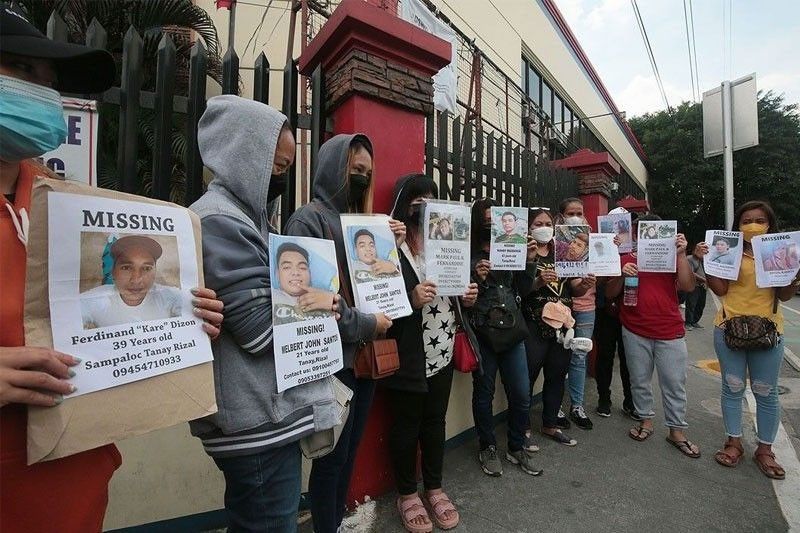
Upgrade to High-Speed Internet for only ₱1499/month!
Enjoy up to 100 Mbps fiber broadband, perfect for browsing, streaming, and gaming.
Visit Suniway.ph to learn
MANILA, Philippines — After years of tumultuous relationship, the Philippine National Police and the Commission on Human Rights (CHR) are expected to forge closer ties under a new PNP chief who has repeatedly committed to respect and protect human rights.
Newly installed PNP chief Gen. Nicolas Torre III made history yesterday as the first national police chief to pay a courtesy visit and attend the CHR’s flag-raising ceremony.
Torre assured the public that the police force under his leadership will have high regard for human rights.
“The CHR is our boss on the protection of human rights,” the PNP chief said, noting how the role of the two institutions complement.
The work of the police, he said, is to ensure that the human rights of those victimized by criminals are protected.
“Now, the CHR has oversight function. It looks at state agents if they are committing abuse in what they do,” he added in Filipino.
“When a victim’s human rights are violated by a criminal, the police steps in. But when it’s the police who violate human rights, that’s when the CHR comes in,” he added.
Richard Palpal-latoc, CHR chairman, welcomed the new PNP chief’s expression of commitment to respect human rights.
“We support the police as they are responsible for ensuring the safety of our community,” the CHR chief said in Filipino.
“What’s important to us is that their duties are performed within the bounds of the law. If the use of police force is necessary, it is allowed, as long as it is necessary and proportionate to the force they are confronted with,” he added.
Torre also said he plans to propose to the National Police Commission (Napolcom) that signing affidavits of arrest be considered a metric for promotion. He explained that commanders must have first-hand experience in making arrests to supervise frontline personnel effectively.
He cited the affidavit of arrest as a “receipt” or proof of performance, in line with Rule 113 of the Revised Rules of Court.
He ordered the Directorate for Personnel and Records Management (DPRM) to require all aspiring police commanders to submit at least one affidavit of arrest, adding that the most difficult part of police work is conducting legal warrantless arrests.
Torre and Palpal-latoc said they are finalizing a memorandum of understanding between the PNP and CHR on strengthening cooperation and on promoting the integration of human rights in police activities.
In his speech, Torre stressed that lethal force will only be used as a last resort.
The CHR has repeatedly called out the PNP, particularly at the height of the Duterte administration’s drug war, for using the “nanlaban” narrative to justify killings during police operations.
Torre also assured the commission that his previous statement regarding increase in arrests will not result in abuse of authority.
“This visit by the Chief PNP to our commission is important because it fosters coordination between our institutions and strengthens and improves our relationship,” said Palpal-latoc.
In his speech during the PNP’s flag-raising ceremony at Camp Crame, meanwhile, Torre emphasized the need for a “reexamination” of the police’s core function, asserting that the PNP’s mandate revolves solely around removing criminals from the streets to ensure public safety.
“There should be no debate. We all know the PNP’s mission, to enforce the law, prevent and control crime, maintain peace and order and ensure public safety with the active support of the community,” he said.
“If there are no criminals, there will be no crime. And the only lawful way to remove criminals from our communities is through arrest and bringing them to justice,” he added.
Torre also warned against complacency and poor public service, citing several instances of police officers failing to assist citizens in basic matters such as issuing police reports or responding to criminal complaints.
“Our people should not be passed around. If their concerns need to be brought to another unit, accompany them. Escort them. Endorse them properly,” he said.

 2 weeks ago
15
2 weeks ago
15



